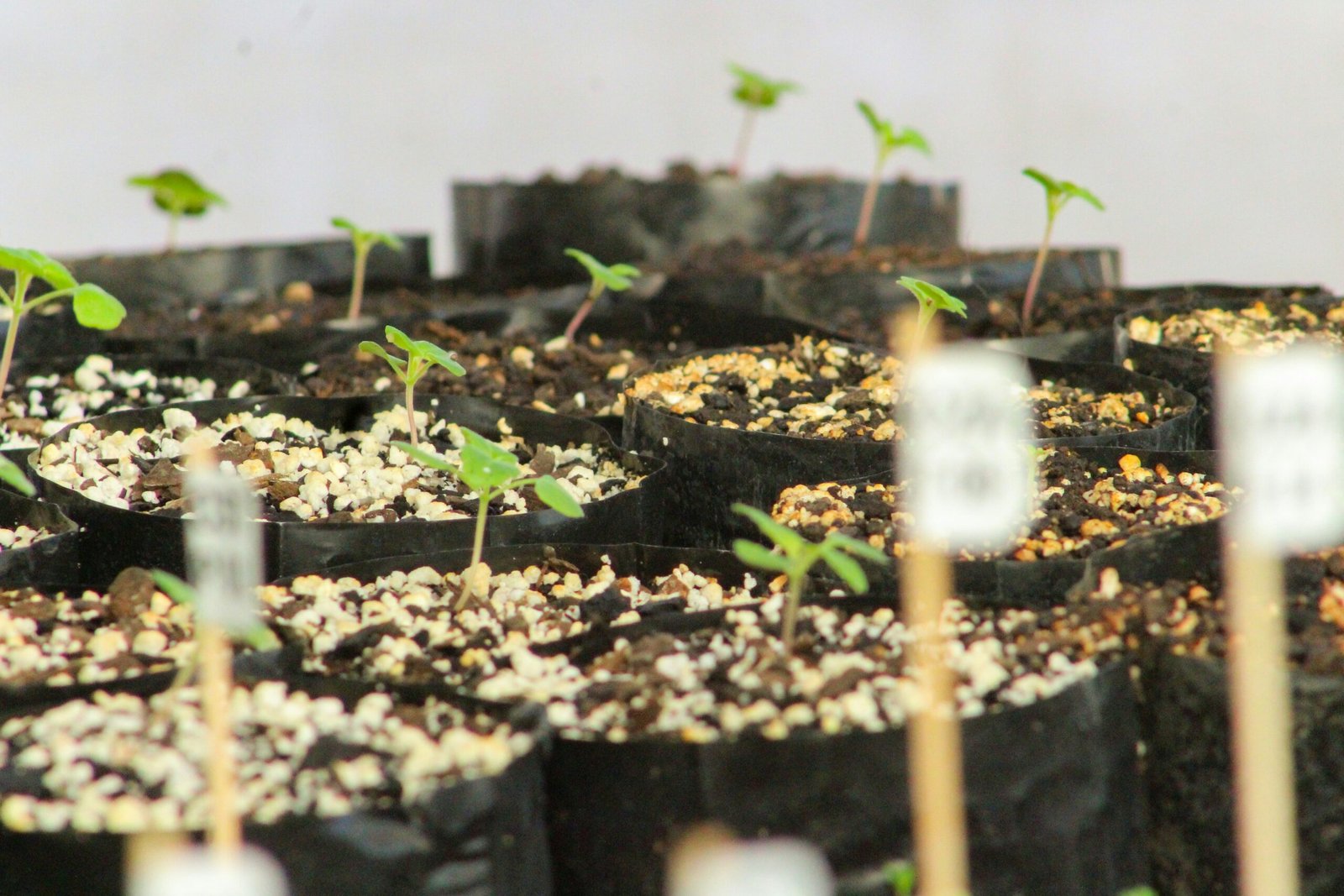Indoor gardening is a rewarding hobby that brings nature into your home, purifies the air, and adds a touch of green to your living space. However, successful indoor gardening starts with choosing the right seeds. Here’s a comprehensive guide to help you find the best seeds for your indoor plants.
- Understand Your Space and Lighting Conditions
Before selecting seeds, assess the environment where your plants will grow. Key factors to consider include:
Light Availability: Determine the amount of natural light your indoor space receives. South-facing windows provide the most light, while north-facing windows offer the least.
Space Constraints: Consider the size of your growing area. Compact plants like herbs are suitable for smaller spaces, while larger plants like dwarf fruit trees need more room.
Temperature and Humidity: Ensure your indoor environment matches the needs of the plants you wish to grow. Some plants thrive in warm, humid conditions, while others prefer cooler, drier environments.
- Choose the Right Plants for Indoor Growing
Not all plants are suitable for indoor cultivation. Some of the best options include:
Herbs: Basil, mint, parsley, and cilantro are great for indoor gardens due to their compact size and adaptability to varying light conditions.
Leafy Greens: Lettuce, spinach, and arugula grow quickly and don’t require much light, making them ideal for indoor environments.
Compact Vegetables: Cherry tomatoes, peppers, and radishes can thrive indoors with proper care and adequate light.
Succulents and Cacti: These are low-maintenance and perfect for beginners as they require minimal watering.
Dwarf Varieties: Look for dwarf or mini varieties of larger plants like fruit trees or flowering plants that are specifically bred for smaller spaces.
- Buy High-Quality Seeds
The quality of the seeds you buy significantly affects your success. Here’s how to ensure you’re getting the best:
Reputable Suppliers: Purchase seeds from trusted seed companies or nurseries known for their quality and reliability. Online reviews and recommendations can guide you to reputable sources.
Organic Seeds: Choose organic seeds whenever possible. They are non-GMO and free from chemical treatments, promoting healthier plant growth.
Heirloom Varieties: Heirloom seeds are open-pollinated and have been passed down through generations. They often offer better flavor and unique characteristics.
Seed Packaging: Check the packaging for information on the date of packaging, germination rate, and any treatments the seeds might have undergone. Fresher seeds generally have higher germination rates.
- Consider Seed Germination and Growing Requirements
Understanding the specific needs of the seeds you choose is crucial for indoor gardening success:
Germination Time: Some seeds germinate quickly, while others take longer. Consider this when planning your garden.
Soil Requirements: Different plants have different soil needs. Ensure you use the right type of soil or potting mix for your chosen plants.
Watering Needs: Indoor plants often have different watering requirements compared to outdoor plants. Overwatering is a common issue, so be mindful of each plant’s needs.
Light Requirements: Some plants need full sun, while others thrive in partial shade. Use grow lights if your indoor space lacks natural light.
- Experiment and Learn
Indoor gardening is as much about experimentation as it is about following guidelines. Try growing different plants and learn from your experiences. Keep a journal to track what works and what doesn’t. Over time, you’ll develop a better understanding of your indoor gardening environment and preferences.

